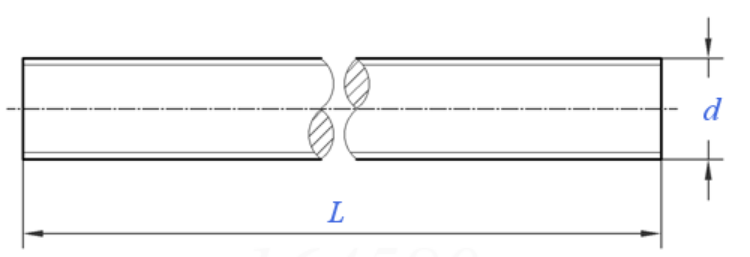shock bolts factory
Dec . 20, 2024 12:09 Back to list
shock bolts factory
The Importance of Shock Bolts in Industrial Applications
In the realm of industrial engineering and machinery, the integrity of components is crucial for the safety and efficiency of operations. One such component that plays a vital role in this context is the shock bolt. Shock bolts, often referred to as shock absorbing bolts or vibration-dampening bolts, are specialized fasteners designed to reduce the effects of dynamic forces and vibrations in heavy machinery and infrastructure. The production of these bolts takes place in dedicated factories that focus on quality and precision.
What Are Shock Bolts?
Shock bolts are engineered to absorb and dampen the forces exerted during operation, such as vibrations from machinery, impacts from heavy loads, or seismic activities. They are commonly used in various applications, including automotive industries, construction, aerospace, and even in medical devices. The primary benefit of using shock bolts is their ability to enhance the longevity and reliability of machinery by mitigating undue stress and wear on components.
Manufacturing Process
The manufacturing of shock bolts involves a series of precise steps to ensure that they meet strict industry standards. Factories specializing in shock bolts utilize advanced materials and innovative techniques, such as heat treatment and surface coating, to enhance their performance characteristics. The choice of materials is crucial; high-strength alloys are often used, which can withstand extreme conditions without slipping or breaking.
Quality control is another critical aspect of the manufacturing process. Each batch of shock bolts undergoes rigorous testing, including tension and shear tests, to determine their load-bearing capacity and resilience. This ensures that every bolt produced can perform under the conditions for which it was designed, thus minimizing the risk of failure in the field.
Applications of Shock Bolts
shock bolts factory

The versatility of shock bolts makes them suitable for various sectors. In the automotive industry, they are used in the suspension systems of vehicles to absorb road shocks and vibrations, providing a smoother ride. In the construction industry, shock bolts are applied to anchor structures against wind and seismic forces, such as in bridges and high-rise buildings. Aerospace engineering relies on shock bolts to secure components within aircraft, where minimizing vibrations is essential for safety and performance.
In addition to these sectors, shock bolts find applications in machinery used in manufacturing and processing plants, where they help maintain structural integrity by reducing wear and tear on joints and connections.
Innovations and Future Trends
The demand for shock bolts is steadily increasing as industries evolve and seek more efficient and durable solutions. Manufacturers are continuously innovating, exploring advanced materials such as composites and nanoparticles to enhance the performance of shock bolts. Furthermore, the integration of smart technology into these bolts, allowing for real-time monitoring of stress and strain, is an exciting development on the horizon.
Environmental considerations are also shaping the future of shock bolt manufacturing. Factories are increasingly adopting sustainable practices, such as utilizing recycled materials and implementing energy-efficient processes, aligning with global efforts toward sustainability.
Conclusion
In conclusion, shock bolts play an indispensable role in a wide array of industrial applications. Their ability to mitigate vibrations and impacts not only enhances the durability of machinery but also improves safety standards across different sectors. As technology continues to advance, the future of shock bolt manufacturing promises exciting innovations that will further elevate their importance in modern engineering. Factories dedicated to producing shock bolts will need to remain at the forefront of these developments to meet the evolving demands of industries worldwide.
Latest news
-
Reliable Axle Nuts Supplier | Quality & Precision Fasteners
NewsAug.23,2025
-
Durable Bolts for Lawn Mower Handle - Top Supplier & Manufacturer
NewsAug.22,2025
-
High-Quality Bolts for Lawn Mower Handle Supplier & Manufacturer
NewsAug.21,2025
-
Reliable Axle Nuts Supplier | High-Quality Automotive Parts
NewsAug.19,2025
-
Premium Wire Bolts Suppliers | Durable & Reliable Fasteners
NewsAug.18,2025
-
Leading Metric Wood Screw Companies & Manufacturers
NewsAug.17,2025
